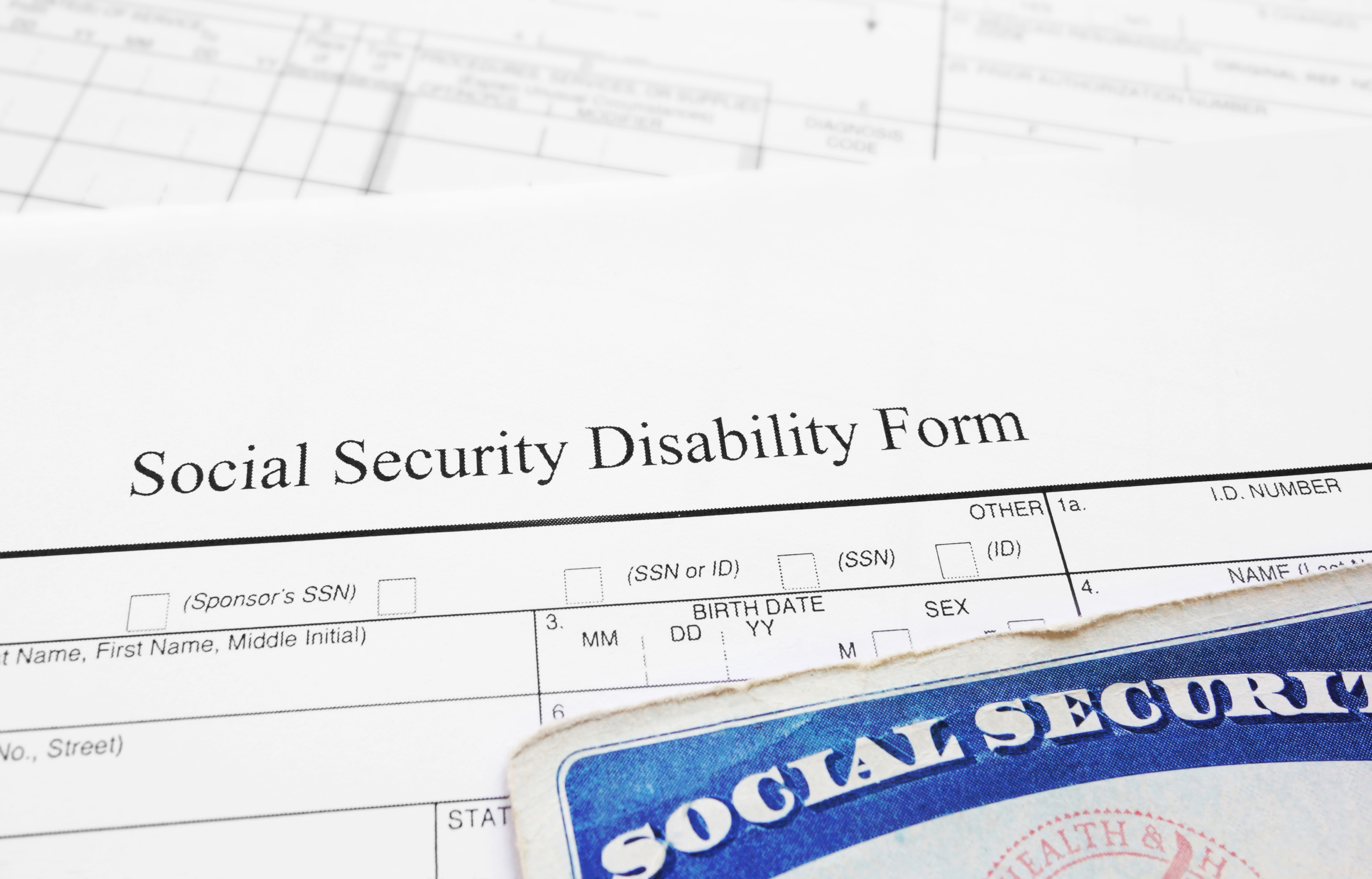 It is estimated that one out of every four adults in the United States has a mental health disorder that can be diagnosed, according to the National Institutes of Health. For many people in Illinois, mental health issues can be disabling, preventing them from holding down a job or enjoying life activities. More people are disabled from mental health disorders than from any other cause in the nation and often rely on Social Security Disability for financial assistance while they try to manage their illness.
It is estimated that one out of every four adults in the United States has a mental health disorder that can be diagnosed, according to the National Institutes of Health. For many people in Illinois, mental health issues can be disabling, preventing them from holding down a job or enjoying life activities. More people are disabled from mental health disorders than from any other cause in the nation and often rely on Social Security Disability for financial assistance while they try to manage their illness.
Eligibility for Social Security Disability
The Social Security Administration lists nine categories for mental disorders that qualify for disability. These categories include the following:
- Personality disorders
- Schizophrenic, paranoid and other psychotic disorders
- Anxiety-related disorders
- Intellectual disability
- Affective disorders
- Autistic disorders and other pervasive developmental disorders
In addition there are organic mental disorders which affect memory, thinking, personality, mood, emotions, intellectual ability and disorientation, substance addiction disorders and somatoform disorders. Somatoform disorders are conditions where people suffer physically without any apparent cause, such as loss of hearing or the inability to use an arm or leg. Regardless of which mental disorder applicants suffer with, they must show that their mental health disorder is well documented and that it severely impacts their life.
Watch our video to learn more.
The application process
As part of the application process, people claiming disability under a mental illness are required to provide proof of medical diagnosis, laboratory test results, treatment such as medications or therapy, signs of the illness and documented symptoms. The applicants may have to go through a number of assessments that examine work evaluations, mental status evaluations, home life evaluations and social function evaluations.
Documentation from other sources is also required and this information can come from the applicant, psychiatric social workers, psychiatric nurses, therapists, family members, friends, co-workers and anyone else who is able to provide data about the applicant’s disorder and the effect it has on his or her life. Furthermore, applicants will also need to show that they have paid into the Social Security program for a specific amount of time, which varies with each situation.
The application process for SSD benefits is not easy. It is estimated that less than 40 percent of all SSD applications are approved. Furthermore, the application process is a lengthy one. For mental health disorders, investigators will likely be even more selective, looking at the person’s work history, work skills, the type of work the person was doing and whether the person could work in a different kind of job. All of these factors can lead to the denial of an application. Therefore, people should consider meeting with an experienced Social Security Disability attorney to prevent unnecessary problems from occurring.
Do you have a mental disorder that interferes with your ability to work? Have you considered applying for SSD Benefits? Contact The Good Law Group by phone#: (847) 577-4476 or contact us via our online application form located here.









